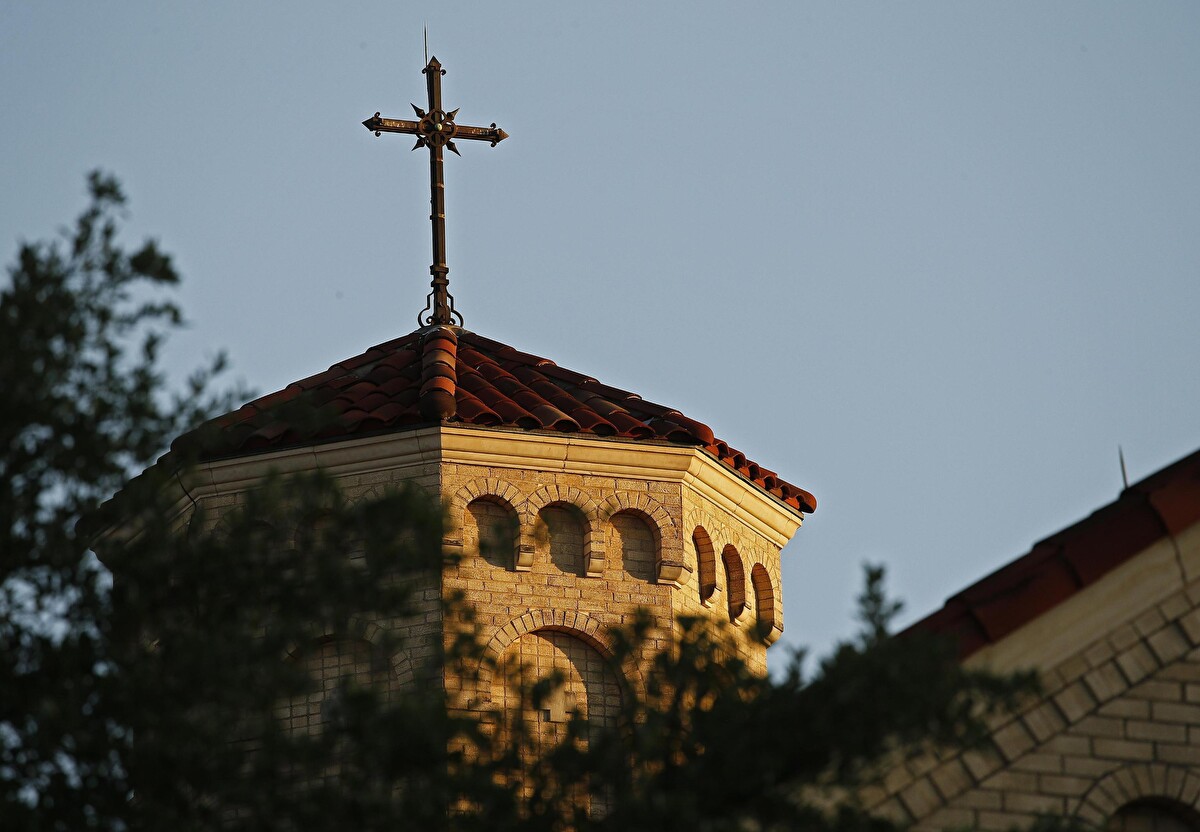Top officials in the Trump administration have stepped up criticism of Germany’s treatment of the far-right Alternative für Deutschland (AfD), denouncing what they describe as a state-led attempt to marginalize a growing opposition force.
German intelligence recently designated the AfD a “proven right-wing extremist organization,” citing the party’s rhetoric and exclusionary platform. But in Washington, Vice President J.D. Vance and Secretary of State Marco Rubio are accusing Berlin of weaponizing state power to sideline a democratic rival.
Speaking from Rome after attending Pope Leo XIV’s inaugural Mass, Vance warned against “using the neutral institutions of state — the military, the police forces, the intel services — to try to delegitimize another competing political party.” He added that AfD’s success at the polls makes such moves especially troubling.
The AfD, which surged to second place in February’s regional elections, has faced widespread condemnation in Germany over past comments minimizing Nazi crimes and embracing nationalist slogans. Still, Rubio and Vance say the response by German authorities crosses a line.
Billionaire Elon Musk, a close Trump ally, has gone further. Ahead of the February vote, he actively campaigned alongside AfD figures and declared in a December post on X: “Only the AfD can save Germany.”
On Tuesday, the State Department followed suit. Samuel Samson, a senior official in the Bureau of Democracy, Human Rights and Labor, accused the German government of building “elaborate systems to monitor and censor online speech.” He criticized the AfD classification as part of a broader crackdown on dissent, citing the case of Marine Le Pen in France as another instance of political suppression.
“What this reveals is that the global liberal project is not enabling the flourishing of democracy,” Samson wrote in a Substack post as reported by NBC News. “Rather, it is trampling democracy — and Western heritage along with it.”
According to Samson, U.S. interests are now being affected by what he described as Europe’s democratic retreat. He argued that American businesses and citizens risk being caught in the fallout.
But questions persist over how this position aligns with the Trump administration’s own actions. Earlier this month, federal authorities opened an inquiry into former FBI Director James Comey, who had posted a photo of seashells spelling out “8647.” Trump supporters read it as an implicit threat — “86” being slang for elimination, and Trump now serving as the 47th president. Tulsi Gabbard, Trump’s intelligence director, called for Comey’s arrest.
Pressed on the apparent contradiction, Vance drew a distinction: “I’m a pretty big believer in free speech,” he said, “but I don’t think that saying you should kill Donald Trump is an acceptable part of public debate.”
Musk, who also joined AfD events virtually, has echoed party talking points about moving beyond “past guilt.” In January, his appearance at a Trump rally drew scrutiny for what many interpreted as a Nazi-like salute.
The AfD, founded in 2013 as a Eurosceptic party, has become a central force in Germany’s political landscape. Its rise has paralleled a broader European shift toward right-wing populism. Critics point to a long list of controversies, from Holocaust trivialization to leaders invoking Nazi-era rhetoric. In 2017, attendees at an AfD rally chanted about building a subway to Auschwitz. Party figure Alexander Gauland once dismissed the Nazi era as a “speck of bird shit in German history.”
More recently, Björn Höcke, a senior AfD official, has twice been convicted for deliberately using Nazi slogans. Another figure, Maximilian Krah, resigned from the party leadership after downplaying crimes committed by the SS.
In its May 2 report, Germany’s domestic security agency accused the AfD of seeking to deny equal rights to people of Muslim background and immigrants, regardless of citizenship status.
The backlash from Trump officials was swift. Rubio posted on X: “Germany just gave its spy agency new powers to surveil the opposition. That’s not democracy — it’s tyranny in disguise.” Vance echoed the sentiment, saying Berlin’s actions recalled Cold War authoritarianism: “The Berlin Wall is back — not built by the Soviets, but by the German elite.”
Still, Vance insisted that suppressing extremist parties only gives them power. “I don’t like Nazism, and I don’t like people who are sympathetic with Nazis,” he said. “But the way to beat them is to defeat their arguments in the open — not to bury them.”











